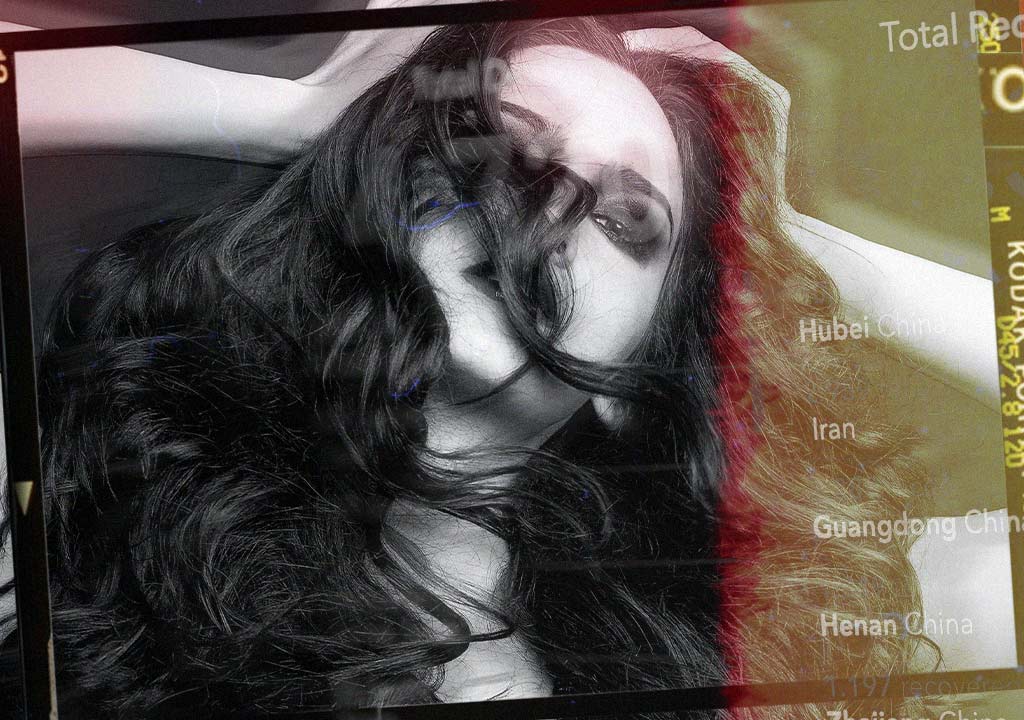Experiencing apprehension and fear these days is all too common. We spoke with experts on how to deal with anxiety at home
Related: Dos And Don’ts Of Conference Calls When You’re Working From Home
Many of us must have felt it during this community quarantine: shortness of breath, chest tightness, the intense apprehension following all this. You might have even asked yourself if what you have is COVID-19, Googling more symptoms just to make sure. Later on, when these symptoms subside, you realize that what you had all along was not the virus, but anxiety.
In the midst of these trying times, remind yourself that you’re not alone. We’re all worrying about the future, as thinking about the next few months can sometimes feel like you’re looking down at a bottomless pit. For more insight on dealing with anxiety at home, we spoke to Dr. Candy Drilon-Dalman, MD-MBA and Dr. Joyce Ann Maglaque, MD-MBA, DSBPP of Centro Holistico.

What Is Anxiety, Anyway?
Many people seem to freely interchange what an anxiety and panic attack is. This is how Dr. Joyce Ann defines the two anxiety disorders. “Anxiety is a diffused, unpleasant, vague sense of apprehension, coupled with automatic responses from the body such as palpitations, chest tightness and stomach discomfort. It happens to everyone when we anticipate something we are nervous about,” she shares.
A panic attack, on the other hand, can come out of nowhere. “A panic attack is an abrupt stage of intense fear, occurring within minutes and is compromised of at least four of the following: palpitations, sweating, trembling, shortness of breath, a choking feeling, chest pain, nausea, chills or heat sensations, paresthesias, depersonalization, a fear of losing control and a fear of dying,” she adds.
Having experienced a few panic and anxiety attacks in the past two years, this sounded all too familiar to me. However, I was fortunate to have access to things that I now don’t, such as acupuncture and CBD. Therapy, which I’ve tried a few times, is obviously out of the question as well. Having said all this then, what can one do?
Focus On What You Can Control
One’s environment is rather difficult to control. According to Dr. Candy, one tip she gives is making sure that one should take care of other aspects of their lifestyle. She gives the following tips:
- Eat a balanced diet rich in whole foods, vegetables and fruits—ideally 70-80% plant-based.
- Exercise—this isn’t only to lose weight, but for hormonal balance and chemical balance in the brain.
- Get at least 7-8 hours of sleep every night. Our bodies and brains need to recover.
- Take care of your gut. Poop regularly. Eat and drink more probiotics.
- Get back in touch with nature. Studies show that focusing on the outdoors and nature helps lower cortisol levels and decreases stress symptoms.
Aside from focusing on the things you can control, talking to someone can also help—whether it is with a family member, a friend, your significant other, or free consultations with psychologists online. When these feelings come, it is important to remember that eventually, they will pass.
MEGA’s interview with Centro Holistico on anxiety is originally featured in an article, “Overcoming Anxiety.” To read this, get a copy of MEGA Magazine January 2020 on Magzter.







